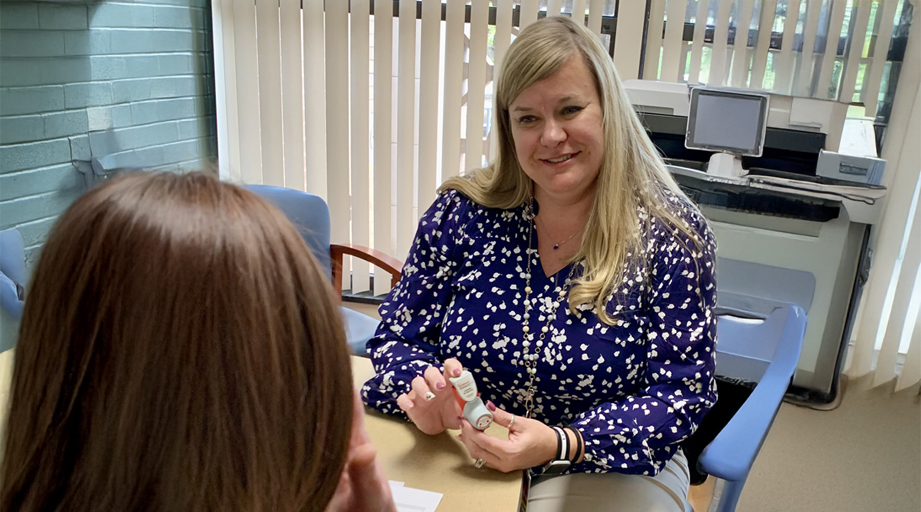
In a letter published April 14 in the online edition of USA Today, ASHP CEO Paul W. Abramowitz, Pharm.D., Sc.D. (Hon.), FASHP, emphasized pharmacists’ readiness to combat the opioid crisis.
“Pharmacists . . . have the training and expertise to help the addicted and solve this public health problem,” Dr. Abramowitz wrote. “Unfortunately, state and federal regulations and Medicaid reimbursement rules frequently tie our hands. If pharmacists were allowed to use their training and connections to patients to manage medication-assisted therapies for opioid addiction, it would greatly expand the pool of providers who can help end this crisis.”
Dr. Abramowitz’s letter responded to an April 2 editorial: These medications can reduce opioid deaths. Why aren't they being used more? The letter was also published in the April 10, issue of USA Today.
Read the letter-the-editor below as it appeared in USA Today.
Pharmacists can help in opioid crisis
Letter to the editor
As the medication experts in our health care system, pharmacists in hospitals and clinics can help mitigate the opioid crisis. As USA TODAY’s editorial notes, opioid addiction is a treatable chronic brain disorder. Medications are available for treating opioid addiction, yet most people who could benefit from these drugs don’t receive them. Each drug has dangers and limitations, and pharmacists — who today complete doctor of pharmacy degrees and often continue their education with one to two years of clinically oriented postgraduate residencies — have the training and expertise to help the addicted and solve this public health problem.
Unfortunately, state and federal regulations and Medicaid reimbursement rules frequently tie our hands. For instance, under the Drug Addiction Treatment Act of 2000, pharmacists cannot obtain waivers required to prescribe buprenorphine, which is an effective treatment for opioid addiction, though subject to abuse in the wrong hands.
If pharmacists were allowed to use their training and connections to manage medication-assisted therapies for opioid addiction, it would greatly expand the pool of providers who can help mitigate this crisis. Survival for opioid addicted patients depends on receiving the best treatment. Pharmacists can help patients stay on the medications that can save their lives.
Paul W. Abramowitz, CEO of American Society of Health-System Pharmacists; Bethesda, Md.







